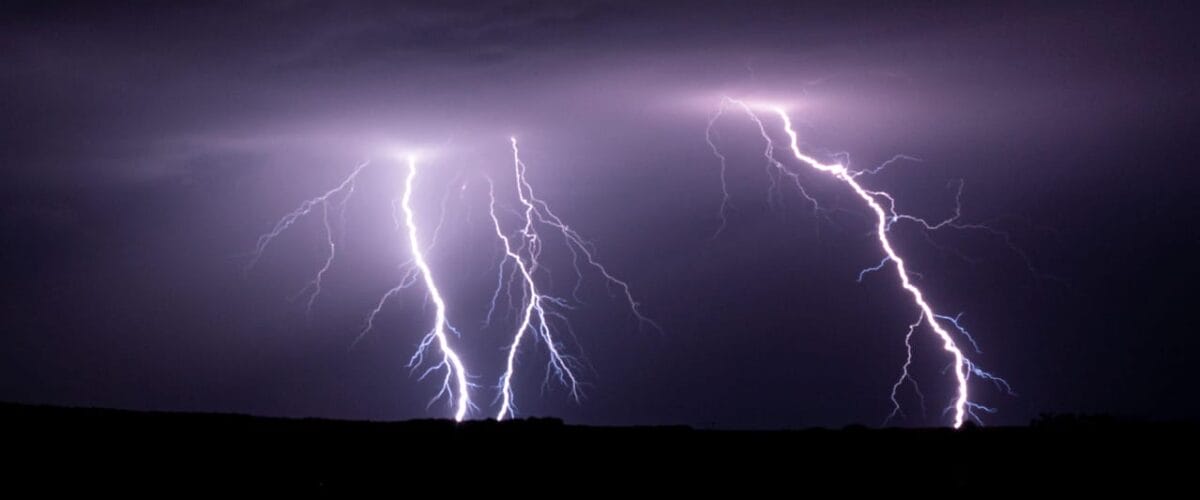One doesn’t have to puzzle over a paradox for very long to discover that rational thought has its limitations. This is because rationality presupposes an intelligible framework predicated on a preexisting criterion with predictable outcomes, and paradox exposes the inherent flaw of such a presupposition. In response, one can choose to humbly confess that some of what is unknown to us, may in fact, be unknowable – or one can agree with the materialist’s faith assumption that everything is knowable to the human mind . . . given enough time. This for the non-theist creates a paradox of sorts – they either have to concede that their belief in an absolute human intelligibility is simply an unprovable leap of faith, or they have to concede with the theist that some things may be unknowable.
Interestingly enough, the non-theist offers us a paradox as their flagship challenge to the existence of God. The question goes like this: How can a good and all-powerful God exist in a world that experiences suffering? Right off the bat, this question is predicated on an assumption of an absolute moral expectation that isn’t actually native to the non-theist position – but given that it’s meant to be understood as a paradox within the theistic paradigm, the question remains valid. So the actual paradox at the heart of the question isn’t so much about whether or not God exists, rather it’s a question of whether suffering is meaningless or not.
Which is why it should be noted that the pointlessness of suffering isn’t much of a dilemma for a non-theist philosophy that believes that the whole of our existence is pointless — so looking for a sympathetic framing of suffering from that perspective would ironically be pointless. Conversely, the dilemma is very real for the Christian who holds human life as sacred – believing that our being made in God’s image gives us an immeasurable value — to which human suffering seems absolutely antithetical. So in this way, the paradox of suffering becomes an ever-present subtext of the Christian ethos . . . because suffering is an inescapable part of life.
Within the Christian apologetic, suffering is treated as the necessary potentiality of human free will, and as the unavoidable consequence of living in a fallen world. But this answer, though correct, strikes me as antiseptically academic — especially given the uniquely personal way God entreats us to relate to him . . . in the midst of a suffering world. But if we insist upon an answer and an explanation for what is arguably unknowable, what do we imagine will be the outcome of that? What if this is the very mystery that our faith is calling us into – reconciling a life we don’t understand with a God shrouded in mystery?
But here’s where we find solace – in this season of Advent. Here’s where the paradox of the existence of God and suffering find convergence – in the incarnation and crucifixion of Christ. Jesus chooses to enter into our suffering with a self-emptying love for us. Having experienced the struggles and hardships of living every day in a fallen world, Jesus knows full well the senseless cruelty of hatred and violence, having felt its merciless touch first-hand. So you could say that Christmas is the celebration of a paradox – for we celebrate the birth of a God-incarnate, willing to suffer and die for us. And we celebrate it not because it makes sense to us – but because intuitively we know that this is how love responds to suffering.
The promise of Christmas — Emmanuel (God with us) . . . always with us




















[…] Open the full article on the kingdomwinds.com site […]